Hiawatha Music Festival
Building Community Through Music

Local performance group Sparrow Tree perform in one of many music tents at the 2014 Hiawatha Music Festival. (photo by Ron Caspi)
Marquette, MI – How do we build community in the digital age, when so much of our communication occurs on a handheld device, and not in person? Attendance of community oriented institutions and events, especially for young people, is down across the nation. Fear of the unknown, fueled by mass media hysteria, has created declines in visits to parks and playgrounds.
Where then, do we come together? Where is a space for everyone—from infants to teens, the elderly, middle aged, and everything in between?

Children are encouraged to play and join in the music celebrations at Hiawatha. (photo by Ron Caspi)
I sit in the commons area of Tourist Park on Friday, July 18th, the first official day of the 36th Annual Hiawatha Music Festival. A warm breeze stirs loose hair on the back of my neck. The hum of generators powering food trucks—from local Beaver Grove Bison with their delicious burgers, to K’s Oriental, to the Donut Diner. People of all ages peddle by on bicycles. To my left is a red and white striped tent labeled “Teen Scene.”
To my right is the Main Stage. Volunteers trundle by on golf carts as attendees assemble tents, level campers, inflate air mattresses, pop can tops and make a home away from home for the weekend.

Lots of room for dancing is made available for those inspired to move by the music. (photo by Ron Caspi)
A drive through the parking area across the road from Tourist Park on Thursday, July 17th at about 4p.m. showed campers and cars already in line—those dedicated festival-goers determined to obtain good camping, early. Space is at a premium, as most of the camping is first-come, first-serve, and it is fascinating to watch a village appear overnight.

Tents in the campground at sunset. (photo by Ron Caspi)
It is relatively quiet this early in the weekend—the music doesn’t start until 7:30 tonight, but an air of expectation hovers over the campground as young parents boost babies into strollers and backpacks, meals are prepared on picnic tables and smoking grills, and red-breasted robins, undeterred by hundreds of people gathered on their forage grounds, call cheerfully to one another from the treetops.
Later Friday evening Run Boy Run—an all-acoustic blue-grass group—begins to play beneath the striped tent. Dancers form up lines for a square-dance that encompasses all ages. Groups form outside the tent as people gather to observe, chat, and enjoy the atmosphere. Occasionally, the music is overwhelmed by shouted greetings and exclamations of joy as friends and acquaintances reunite. For many, this event becomes a yearly reunion looked forward to and anticipated throughout the year.

Renowned band Run Boy Run make their main stage appearance at the 2014 Hiawatha Music Festival. (photo by Ron Caspi)

Members from every generation are a part of the musical traditions at Hiawatha. (photo by Ron Caspi)
Saturday afternoon, drums thump and echo across the thronged campground—an oral accompaniment to shimmering heat waves rippling off paved trails. Feet beat time to swaying dancer hips. Maggie Barch, the instructor, undulates her arms and legs, sensual and elegant. Her pupils, ranging from toddlers to silver-haired matrons, mimic her movements, joy and concentration on their faces.
Those of us gathered on the dance floor’s periphery clap and whistle in appreciation as the dancers complete their afternoon’s lesson.
I find myself a spot on the ground in front of the Main Stage, where, between sets, the MC reads aloud poems—odes to Michigan—represented in the various generations and individuals in the audience around me. Kate, a musician in a family band, leads her red-headed daughter, newly walking, down the path. Her parents came to the first festival thirty-six years ago, and she’s missed only a few in her own lifetime. It is important for her to be here with her baby daughter, she tells me, so that they can begin their own family tradition of attending Hiawatha.

Festival-goers enjoy sunset over the lake at Hiawatha. (photo by Ron Caspi)
The hot breeze rustles oak and pine needles above my head as The Ventucky String Band warms-up. I close my eyes, letting my mind wander as the music begins. I think for a moment I will nap here, and let the music carry me away for a while, but my eyes open after only a few moments, curiosity tugging at my consciousness. I am surrounded in people and immerse myself in a favorite festival past-time: people watching.
Surrounding me are strangers, acquaintances, friends, bursts of bright cloth, flashes of skin, bright baby faces and lips upturned in smiles. Even the police officers on duty smile broadly, for publicity, but also because the sound of children’s laughter in the soft evening air is infectious. Teens swing from hammocks like strange, bright nesting birds. A haze of campfire smoke wafts over the audience, stinging my eyes, fragrant with burning birch and maple.

A multi-generational jam session in the campground. (photo by Ron Caspi)
Men in visors and heat-wicking-UV protected, ultra-light shirts rub elbows with sweet-faced, dread-locked boys and girls dressed in tie-dye. Heads covered in baseball caps, bandanas, and beanies, nod time to the swirling string music. Walkers and wheeled carts move and settle the crowd’s oldest members and cooing babies are passed from hand to hand.
We came for the music; flicker of voices and sounds through the trees like fireflies. We came for the place; children’s voices, raised in glee, echo from the lake, the playground, the workshop tents. We came for the company; friendships are formed and old acquaintances renewed. We came for a festival, and found a community; an event for everyone, one weekend a year.

Sunday afternoon culminates with a children’s parade and performance at main stage with musical instruments they create themselves at the Kid’s Area. (photo by Ron Caspi)






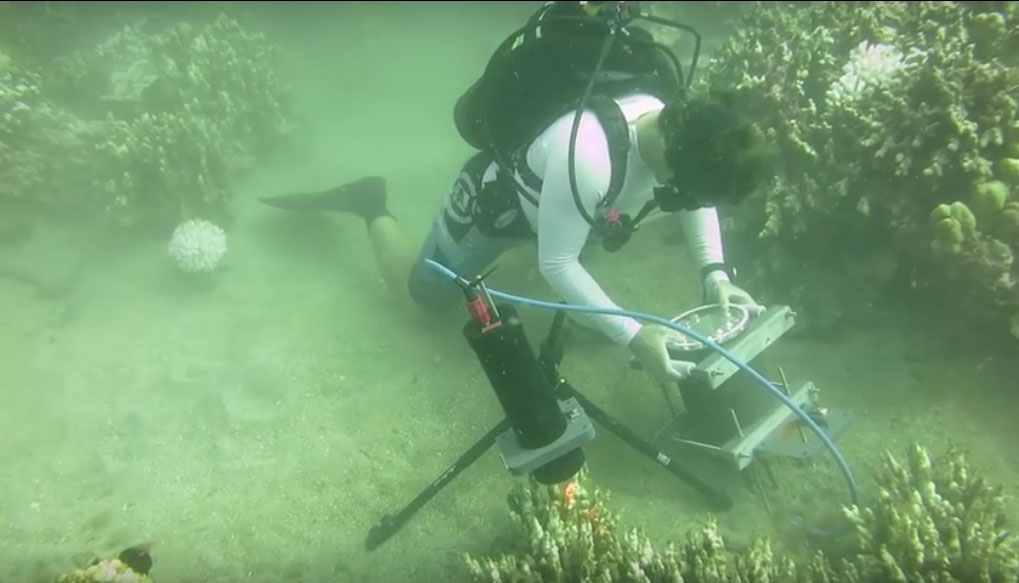
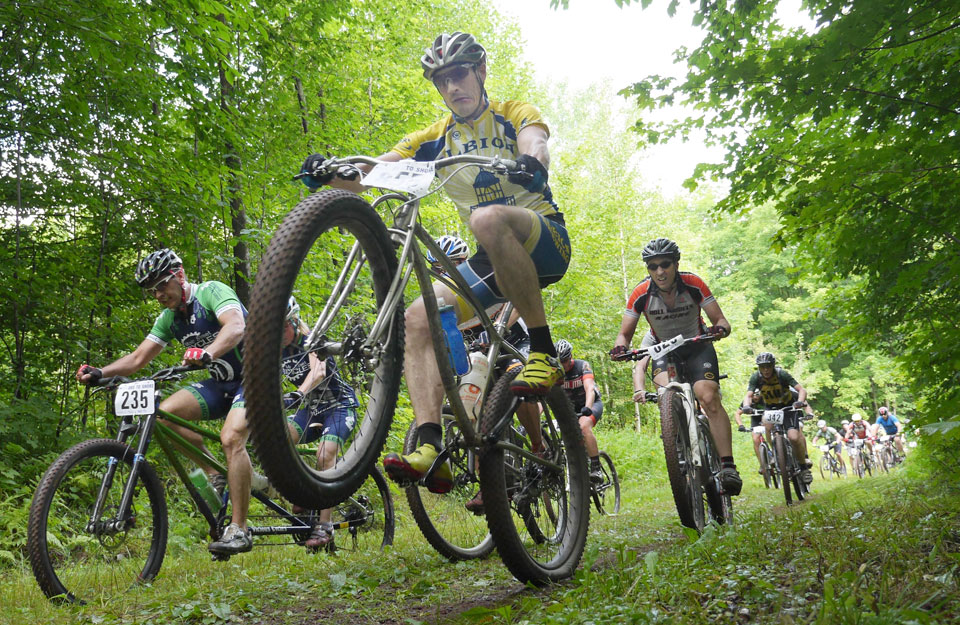
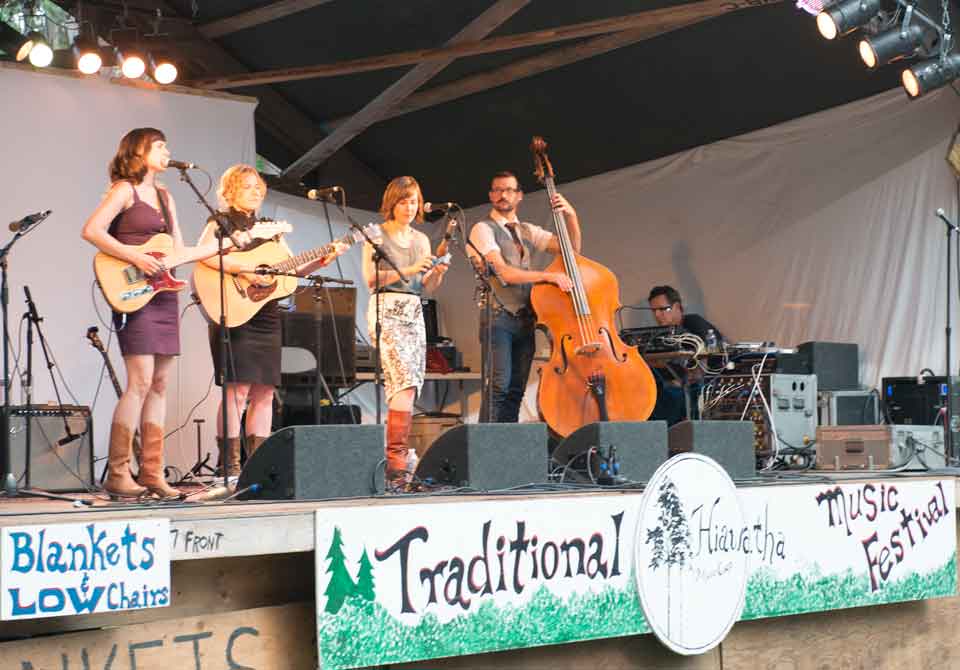
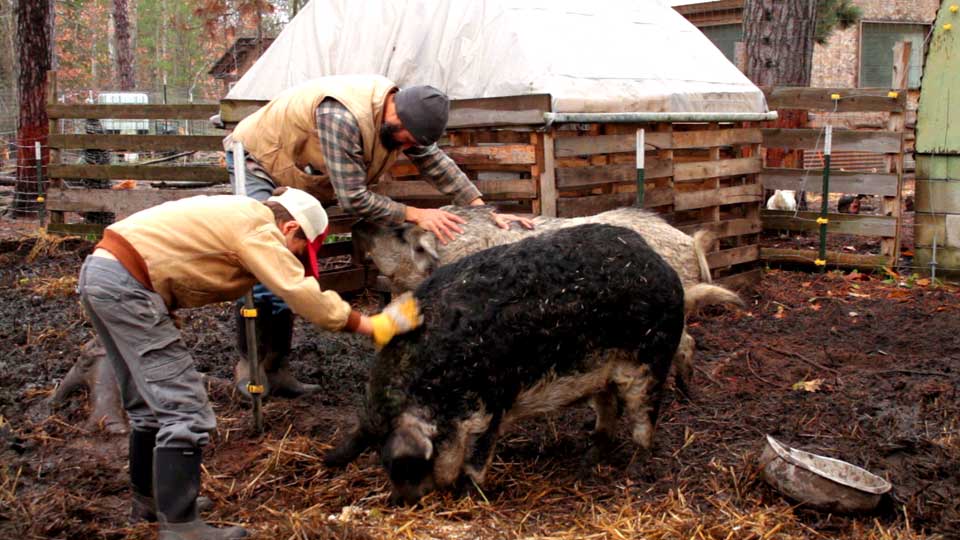
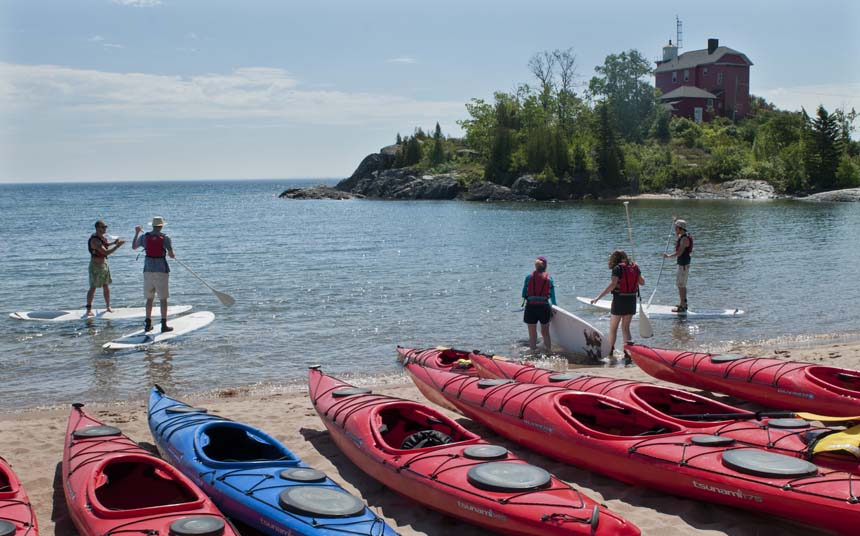
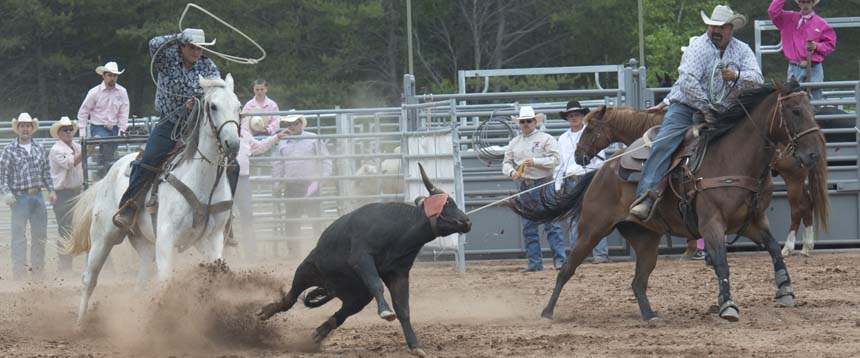
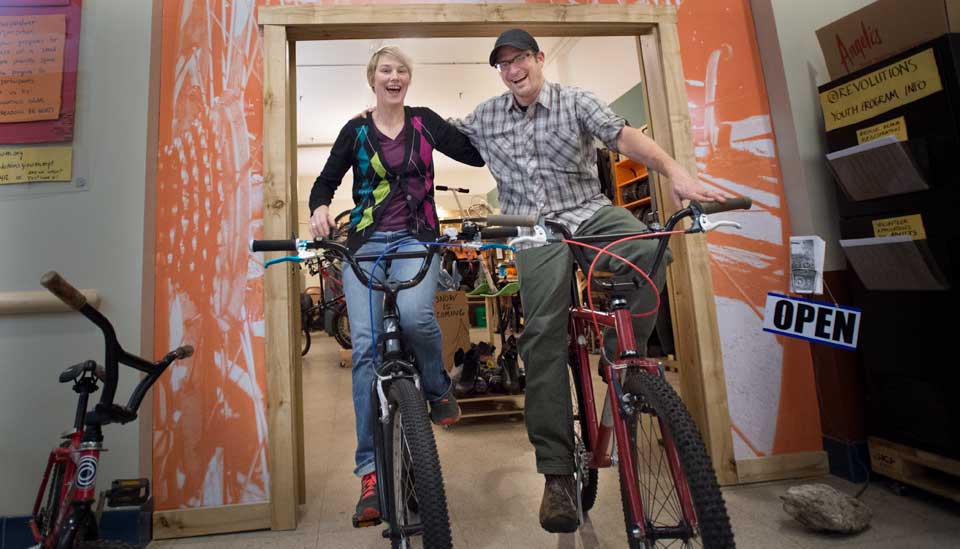
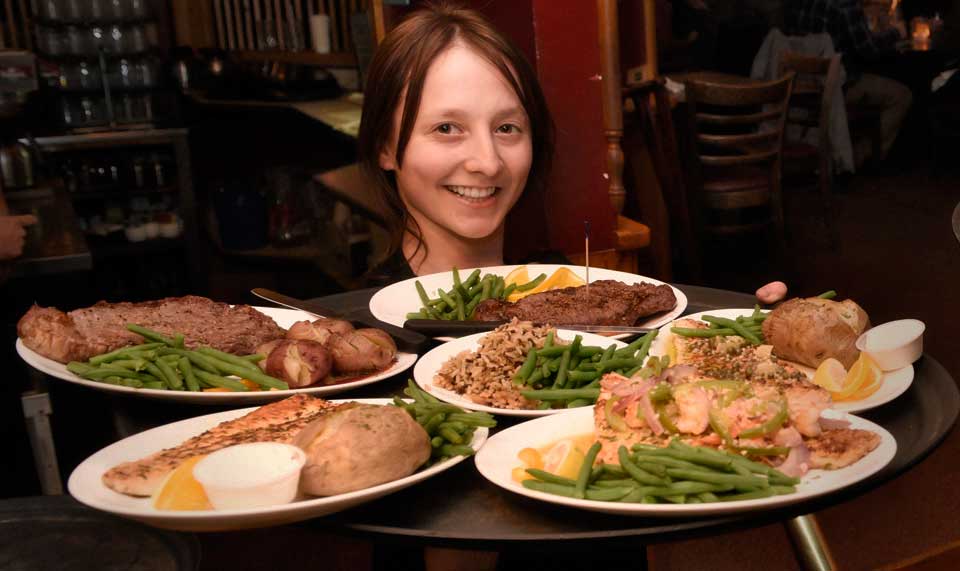
You must be logged in to post a comment Login